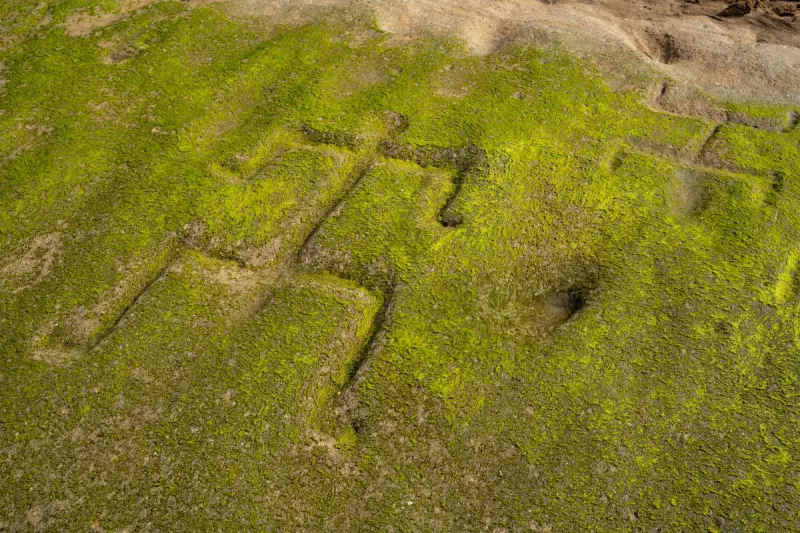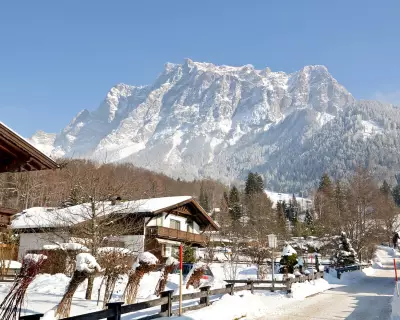
Deep in the rugged landscapes of Waianae, Hawaii, a team of archaeologists has uncovered a series of enigmatic petroglyphs that could shed new light on the island's ancient history. The carvings, etched into volcanic rock, depict intricate patterns and humanoid figures, leaving experts questioning their origins and meaning.
A Discovery That Defies Explanation
The petroglyphs were found in a remote area of Oahu's western coast, hidden for centuries beneath dense foliage. Unlike other known Hawaiian carvings, these figures display unusual stylistic elements that don't match traditional Polynesian designs.
What Makes These Petroglyphs Unique?
- Unprecedented geometric precision
- Human figures with elongated heads
- Possible astronomical alignments
- Symbols not seen in other Pacific cultures
Theories Abound
Local historians suggest the carvings might represent:
- Ancient navigational markers for early Polynesian voyagers
- Ceremonial sites for forgotten rituals
- Evidence of pre-Polynesian settlement
- Connections to other Pacific cultures
Dr. Leilani Kaho'ohanohano, lead researcher on the project, told reporters: 'These petroglyphs challenge our understanding of Hawaii's cultural timeline. The craftsmanship suggests a level of sophistication we haven't previously associated with this period.'
Preservation Challenges
The site now faces threats from:
- Coastal erosion
- Vandalism risks
- Climate change impacts
- Urban development pressures
Local authorities are working with native Hawaiian groups to protect the fragile carvings while allowing for further study. The discovery has sparked renewed interest in Hawaii's archaeological treasures and the untold stories they may reveal about the Pacific's ancient civilizations.






